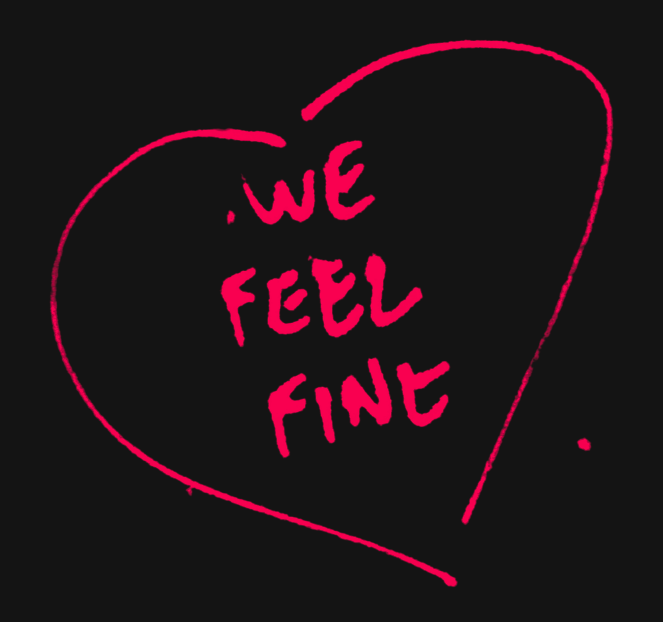It's that time of year.
That time of year when Barnes and Noble takes unknowing college students and squeezes their tiny wallets black and blue.
When those students unknowingly perpetuate the system that steals more and more money from them each year.
When that system annoys good professors and students by keeping the savings for itself.
When good professors and students finally
Say NO to Barnes and Noble.
Barnes and Noble runs hundreds of college bookstores across the country. They like to seem that they have the monopoly on college textbooks. Especially to freshmen, they seem like the best or only way to get the books needed for class. B&N withholds information from students on their college websites, such as ISBN numbers, a full publisher name, and whether or not the professor actually cares what edition you buy. We must do a little extra research to prove to B&N that we are not stupid.
B&N overcharges for books while pretending to offer money-saving deals. Students can save money buying B&N used because other students sold their books back for pocket change. We must stop buying from and selling to B&N in order to help ourselves and our friends.
An educational psychology professor of mine told us that she worked with publishers to reduce the price of a three-book packet needed for the class. When the price was finally listed at the bookstore it was much higher than what she had spent time negotiating.
B&N kept the profits of the work she did to help her students. We must not give our money to this institution.
I am not buying a single book from Barnes and Noble this year, and I will save hundreds of dollars doing it! Here are my ways of not dealing with B&N and saving money on my textbooks:
- Buy from websites like Abebooks.com and others offer cheap textbooks. Very often the book price plus shipping is less than the used price listed by Barnes & Noble.
- Borrow from the library. Don't you dare buy a copy of anything written by Shakespeare when your college library has 12 versions of it.
- Search for open-source literature is available for most older works. Project Gutenberg is a great source for this. You can print out your copy of The Scarlet Letter for cheap, or read it off the computer screen and download the audiobook for free!
- Visit local bookstores will help you out with a little bit of luck.
- Share with friends in that class. I've had to do this several times and have never been severely inconvenienced.
- Encourage professors to bypass B&N. During a theater history course our professor told us to buy online a book published in the 1970s. This good thorough textbook cost us pennies apiece!
UPDATE: SmartMoney posted
this article on saving money on college textbooks.
LifeHacker posted
Best Places to Save Money on College Textbooks


